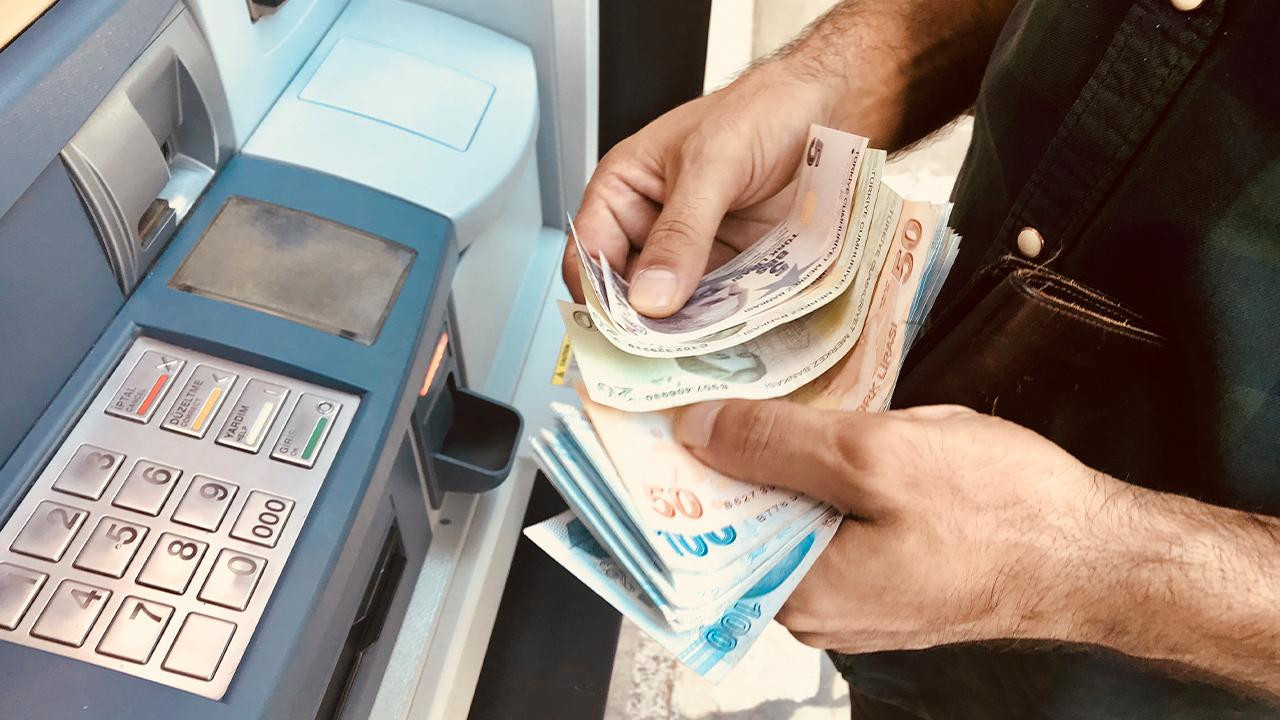Turkey’s official annual inflation rate drops to 47 pct in November
Turkey's official statistics institution reported a monthly inflation rate of 2.24 percent in November, with the annual inflation rate dropping to 47.09 percent. However, the independent research group ENAG calculated a higher monthly inflation rate of 4.06 percent, with a 12-month increase of 86.76 percent.
Duvar English
Turkey's annual consumer price index decreased to 47.09 percent in November, according to official data released by the Turkish Statistical Institute (TUİK) on Dec. 3.
Inflation stood at 2.24 percent compared to the previous month, 42.91 percent compared to December 2023, and 60.45 percent according to the twelve-month averages.
The main group with the highest annual increase was education with 92.49 percent, followed by housing with 74.45 percent, and hotels, cafes and restaurants with 59.38 percent.
By main expenditure groups, the highest monthly increase was food and non-alcoholic beverages with 5.10 percent, followed by recreation and culture category with 2.88 percent.
Meanwhile, the Domestic Producer Price Index (D-PPI) increased by 29.47 percent on an annual basis and 0.66 percent on a monthly basis.
On the other hand, according to the Inflation Research Group (ENAG), an independent group of academics and economists, the consumer price index increased by 4.06 percent in November and by 86.76 percent annually.
ENAGrup Consumer Price Index (E-CPI) increased by 4.06% in November, 2024.
— ENAG (@ENAGRUP) December 3, 2024
E-CPI increased by 86.76% in the last 12 months
Commenting on the figures, Finance Minister Mehmet Şimşek said, "Services inflation was realized as 1.6%, the lowest level since November 2021, and the downtrend in annual services inflation continued. The decline in services inflation and improving inflation expectations show that we have made significant progress in reducing rigidities."
Kasımda yıllık enflasyon yüzde 47,1 gerçekleşti, mayısa göre gerileme 28,4 puan oldu.
— Mehmet Simsek (@memetsimsek) December 3, 2024
Son iki aydır yüksek seyreden gıda enflasyonuna rağmen yıllık mal enflasyonu yüzde 40’ın altına geriledi.
Hizmet enflasyonu aylık yüzde 1,6 ile 2021 yılı Kasım ayından bu yana en düşük… pic.twitter.com/pntdYE4wen
Vice President Cevdet Yılmaz said they would continue "our multi-dimensional, coordinated and decisive fight against inflation until we reach single digits again."
Programımıza duyulan güven neticesinde dezenflasyon sürecini tesis etmeye devam ediyoruz.
— Cevdet Yılmaz (@_cevdetyilmaz) December 3, 2024
Tüketici fiyatları kasım ayında yüzde 2,24 oranında yükselirken, ekim ayına göre yıllık enflasyon 1,5 puan düşüşle yüzde 47,09 seviyesine gerilemiştir. Böylece 2024 yılı mayıs ayına göre…
The central bank has hiked interest rates by 4,150 basis points since June last year, to 50 percent, and vowed to tighten further in the case of a significant deterioration in inflation.

 Turkish economy grew 2.1 pct in Q3, under expectationsEconomy
Turkish economy grew 2.1 pct in Q3, under expectationsEconomy Turkish central bank keeps 50 pct interest rate unchanged for eighth timeEconomy
Turkish central bank keeps 50 pct interest rate unchanged for eighth timeEconomy Opposition MP waves abacus to Turkish finance minister to protest inflationPolitics
Opposition MP waves abacus to Turkish finance minister to protest inflationPolitics